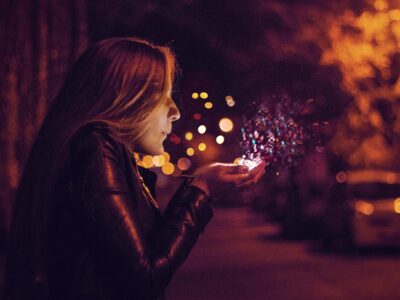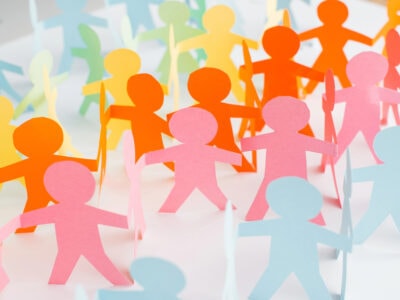Nightclubs as creative spaces
Yesterday, the Sunday Times celebrated the upcoming birthdays of three hugely influential clubbing institutions: Heaven and Fabric in London, and Space in Ibiza.
For me, clubs have always been creative spaces, places where we can experiment, dress up, dance and play. So I was glad to help them offer an early celebration of Heaven’s 40th birthday: you can read my contribution here.
Loosely modelled on the huge New York gay club The Saint, when Heaven opened in 1981 nothing like it had been seen in the UK before. It wasn’t just the size of the venue (which had an official capacity of 2000), but the quality. The sound system was extraordinary. You didn’t just hear the music through the mighty speakers. It travelled through you, vibrating through your feet and body.
The clubs I’d known before were chrome and palm tree palaces with tinny sound systems and sticky carpets where the girls danced and the boys watched, assessing them while drinking down the courage to ask for a final slow smooch.
In Heaven I’d never felt safer – or more free. I could dance like no one was looking, because no one was. It was too dark, too crowded and most of all too gay for anyone to care.
I’ve seen everyone from New Order and Pet Shop Boys to Big Fun and Prince play live there, but it was always the DJs who were the main attraction. Early on, Ian Levine pioneered the hi-NRG sound that was later to shape late80s/early 90s pop from Mel & Kim to Kylie.
Let the music play
But the nights I really loved – the nights where I first found my tribe after moving to London – were Asylum and Pyramid.
With Mark Moore, Iain B and Colin Faver playing everything from hip hop to house, these nights attracted a mixed crowd in every way: gay and straight, male and female, drag queens and posh girls danced together and all kinds of new fusions of music and fashion evolved as a result.
Later, when acid house washed over London clubland like a day-glo tsunami, Future gave the scene an early home, in the intimate Sanctuary club hidden at the back of Heaven. The main club hosted the theatre of madness that was Spectrum and later Land of Oz, while Jimmy Cauty and Alex Patterson played their eccentric ‘ambient house’ sets in the upstairs bar. The music played on these nights still influences dance music now, and no one who attended will ever forget them.
All night long
It’s been years since I’ve been there to dance, but I was recently back at Heaven to film an interview for a documentary about its lasting influence. The venue looks different now, more open and airy with its arched roof stripped back to the brick.
But if you’re young and just arrived in the capital, I’d imagine that it still feels like a safe haven, a place to hang out, have fun – and find your people, your tribe.
The fashions, music and lifestyles explored in underground clubs will often end up influencing mainstream culture, and without them our cities are poorer places. Yet we are losing them, fast.
“When I talk to young people, they all say they like to go clubbing, but it’s not as important,” says Mark Moore. “They’d rather save up for the big outdoor events where you get 100 bands on the bill, plus dance tents, and you can see everything, all in one go.
“That feeling of going to church – to that weekly club thing – isn’t so high on their radar.”
Manhattan has already been sterilised, its wilder clubs long since closed. London is going the same way, losing venues steadily. Manchester’s legendary Hacienda is now a luxury apartment building, while building that once housed The Cross nightclub in London is now part of an upmarket shopping centre.
You could argue that this is progress, that cities are always shifting, reinventing. But we are not replacing these venues, and we’re losing something important in the process.
As the Beastie Boys once said, it’s time to fight for your right to party.






What do you think?